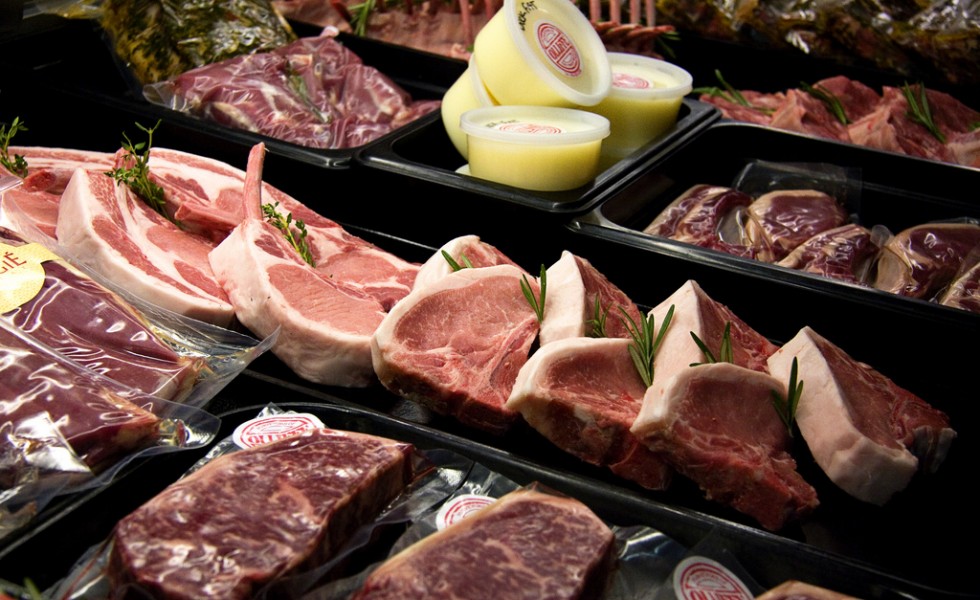Meat and Money Always Cook Up Corruption
Posted on June 21, 2017

Political scandals in Brazil, like much in the fast-growing, global food giant, are so bold and so far out of bounds that calling them “outrageous” slanders their perpetrators.
Moreover, the scandals occur so frequently that it seems Brazil requires political chicanery and bribery to even function.
The latest evidence involves JBS SA, the Brazilian meatpacker that dominates global poultry and beef exports and is a huge player in the highly integrated U.S. poultry and beef markets.
Surprisingly though, JBS’s global reach and financial power aren’t the main drivers behind its rapid rise; sharp knives are. By its own admission, JBS has skinned nearly as many Brazilian politicians as it has American cattle.
In late April the company’s key leaders, Chairman Joesley Batista and his CEO brother Wesley, struck a deal with government prosecutors over their decade-long scheme that paid more than $150 million in bribes to nearly 2,000 politicians, including—allegedly—Brazil’s current president, Michel Temer, and his two predecessors.
What the Batista boys got for all that tallow was more than enough fat to buy their way into the most lucrative meat market in the world, the U.S.
The key ingredient was the “cozy ties to politicians (that) gave the company cheap credit and friendly regulation,” noted the May 27 Wall Street Journal. Both led to the U.S. and trouble.
The credit came from BNDES, Brazil’s development bank. For a decade BNDES gave JBS “billions… in subsidized loans (that) left JBS with a sprawling business empire.” Most of that new empire—JBS grew from $1.8 billion in revenue in 2007 to $49 billion in 2016—was located in the U.S.
With almost unlimited access to subsidized loans, JBS bought Swift Foods, the third largest U.S. beef packer, in 2007; then Smithfield Beef Group, the fifth-largest U.S. beef packer in 2008; and, a year later, Pilgrim’s Pride, America’s second biggest poultry processor.
According to the brothers’ plea deal (they recently surrendered their corporate titles, too), the cheap government money was available because they agreed to send a share of it to offshore bank accounts tied to Brazilian politicians. Those implicated deny any role but the Batistas say they have recordings to prove many of their claims.
That scheme came on the heels of another red meat-hard cash scandal in March when several Brazilian meatpackers, including JBS, topped the news “for allegedly doling out bribes to inspectors to certify meat that was either rotten or tainted with salmonella” as fit for sale. The meat was later sold both in Brazil and abroad.
JBS denied any involvement but key beef importing nations like Japan, Mexico, the European Union, and China suspended Brazilian meat purchases until all gained assurances on quality and safety.
And yet there’s another, ongoing scandal; this one as homegrown as it is stupid. With no country of origin labeling, or COOL, for most of the beef and pork sold in the U.S., no American eater knows if the beef they had for dinner or the bacon they had for breakfast came from South Dakota or southern Brazil, Oklahoma or Sonora.
The reason we have no COOL here, claims Big Meat, involves complicated World Trade Organization (WTO) rules meant to facilitate global trade, not market knowledge or personal choice.
True enough, but influential U.S. commodity groups like the National Cattlemen’s Beef Association use their money and political clout to keep the rules—and deep financial ties to global meatpackers like JBS—in place and consumers in the dark.
Of course, American eaters could join other, less-flush, less influential American farm and food groups to challenge President Donald “America First” Trump to change the ignorance-peddling, corporately-selfish WTO labeling rules to empower buyers, not sellers.
Short of that challenge, though, don’t expect any change in COOL because Capitol Hill, like the scandal-ridden Brazilian government, now runs more on money than integrity. The only difference is that in Brazil the bribery is usually under the table; here it’s usually on the table. We just call it campaign contributions.
By either name it’s still corruption and livestock growers and the meat-buying public everywhere are the losers.
© 2017 ag comm
Share This